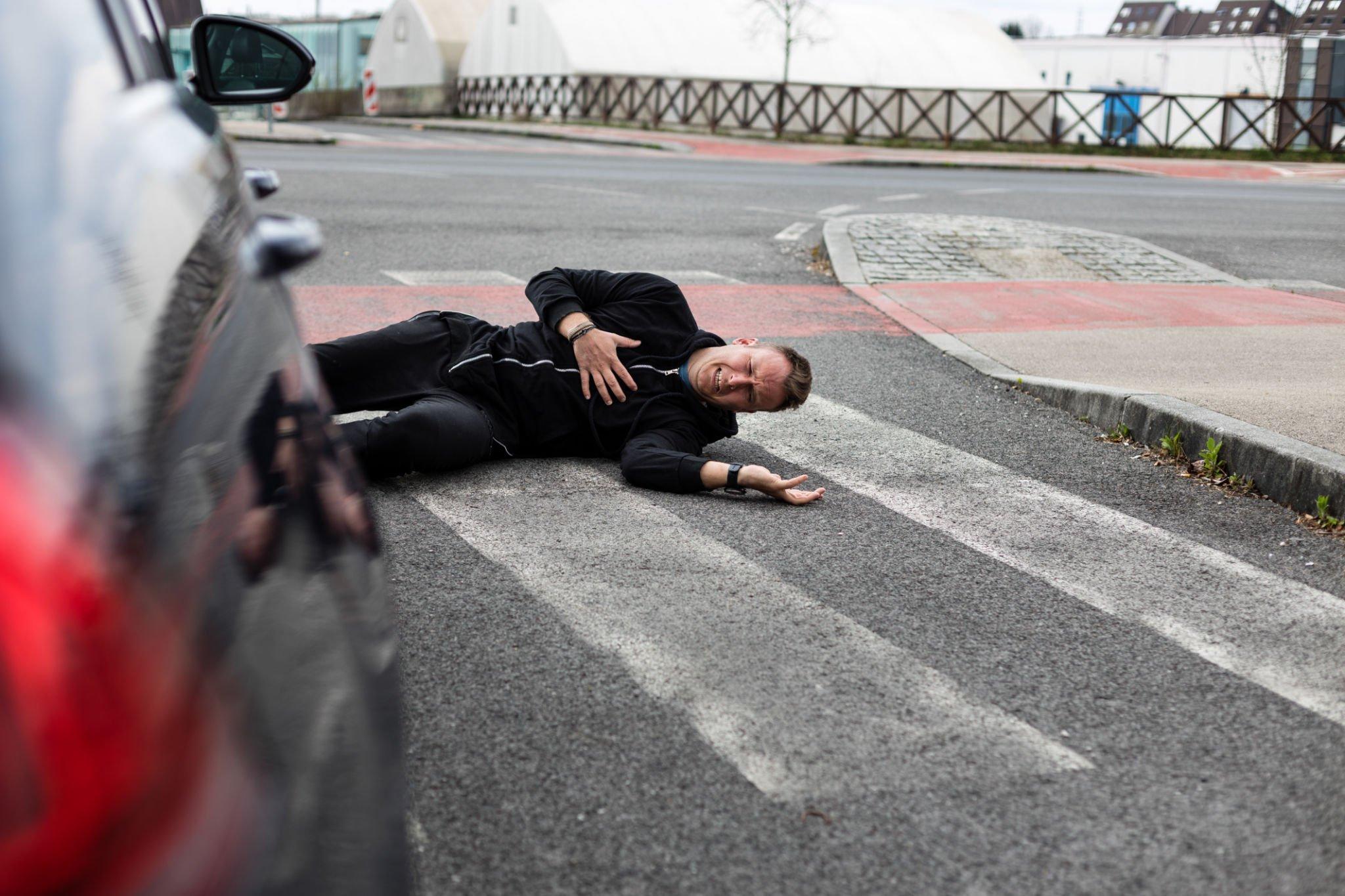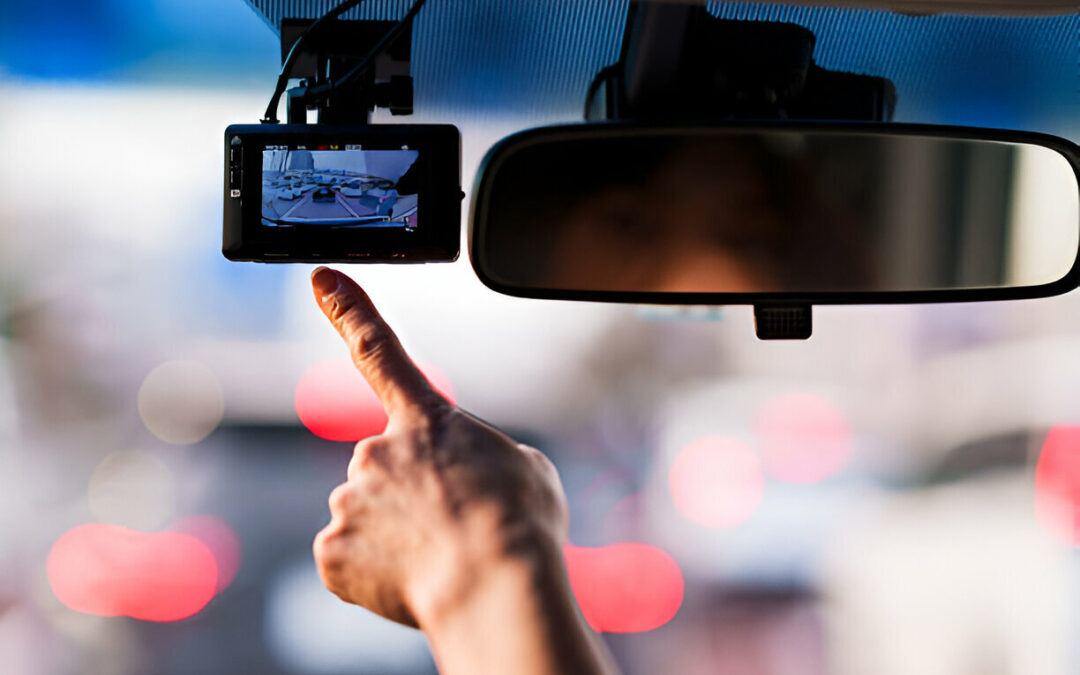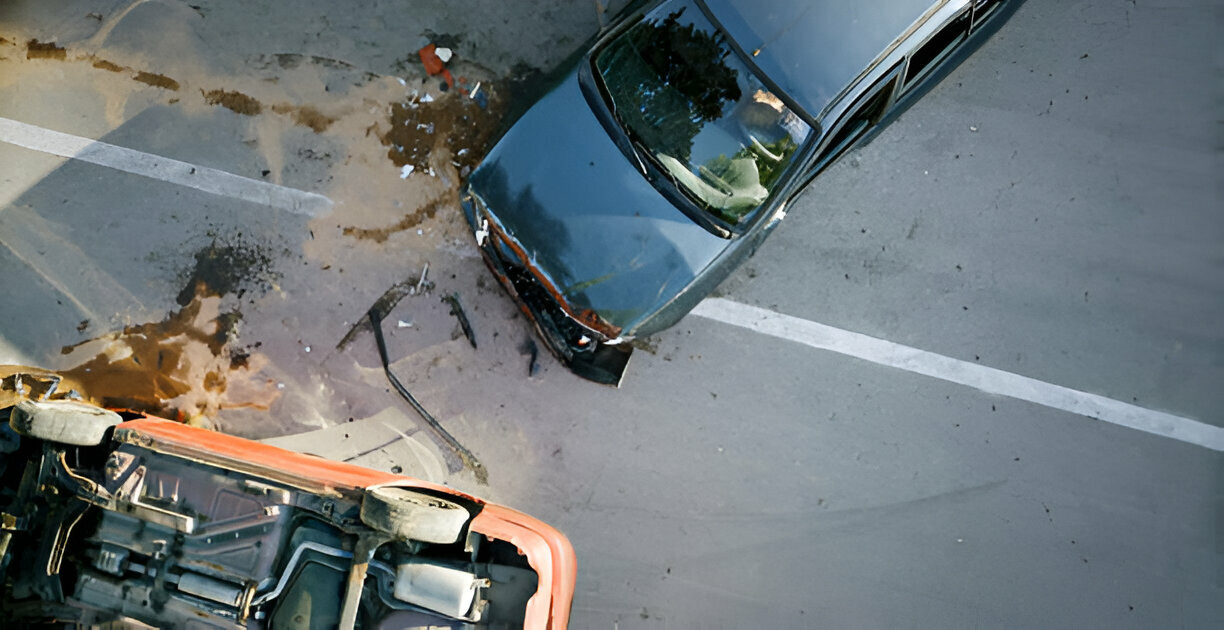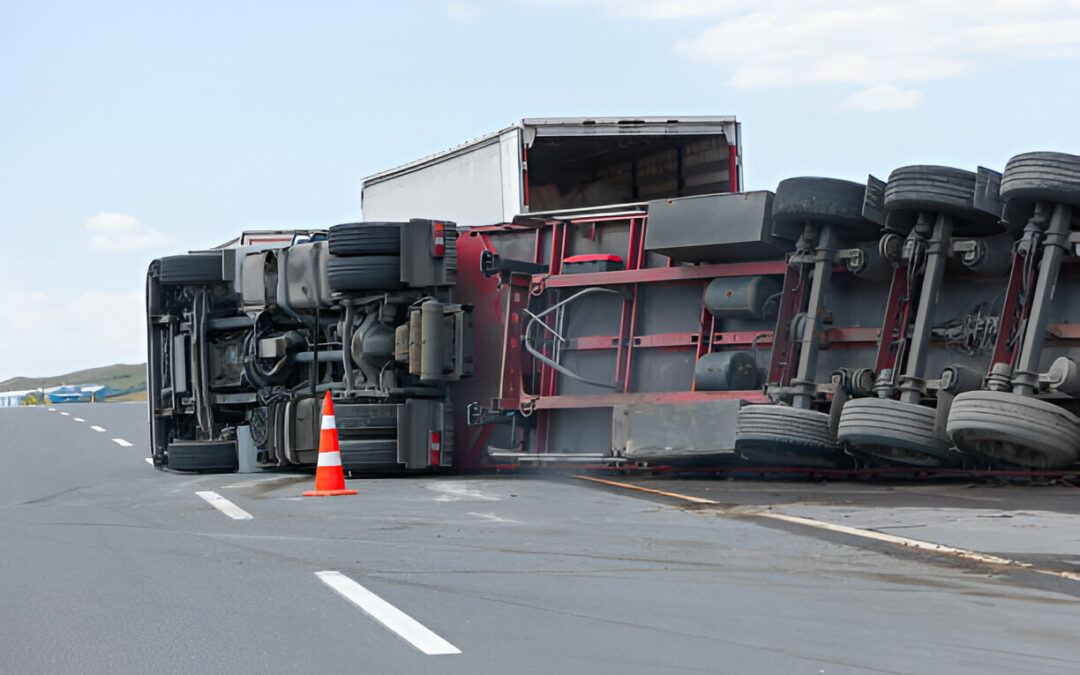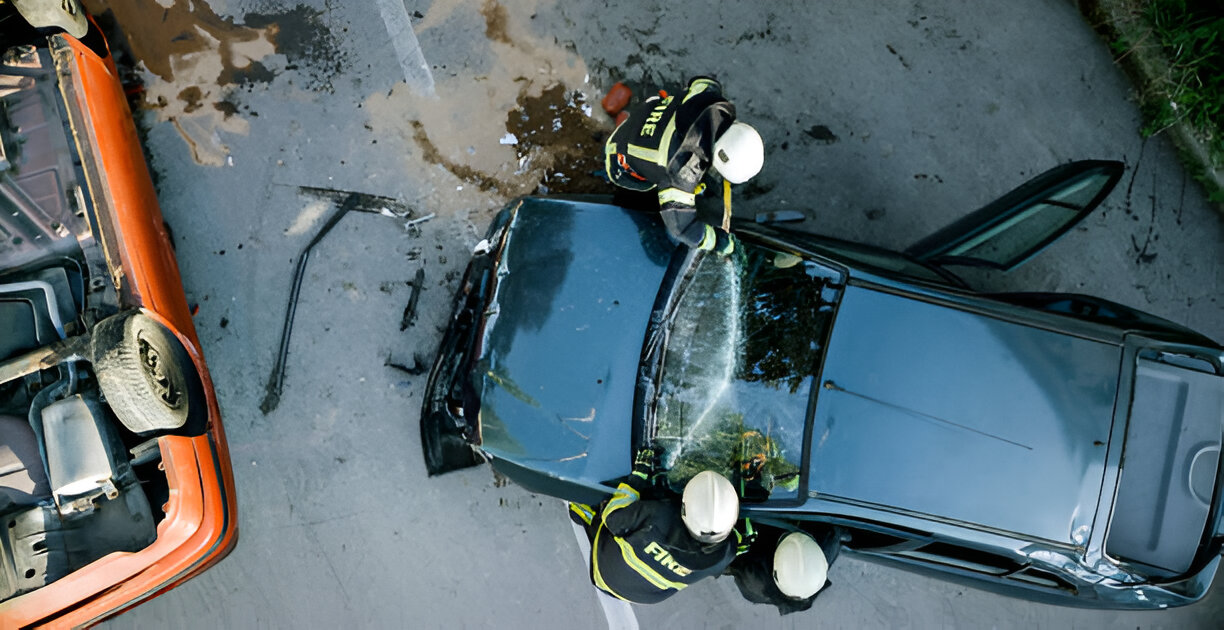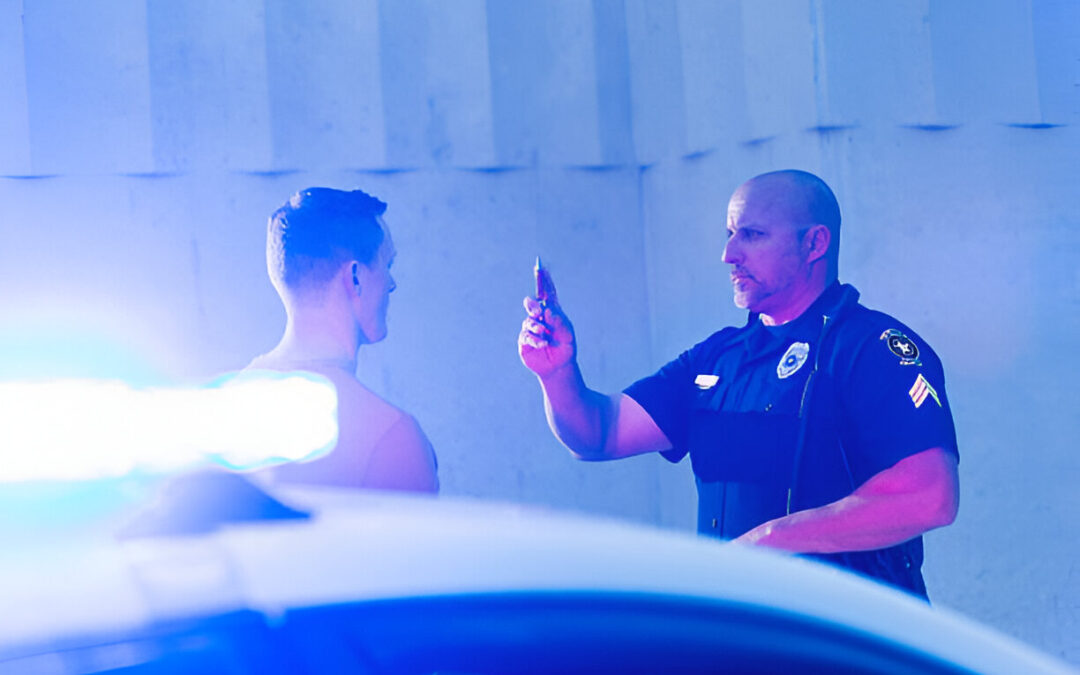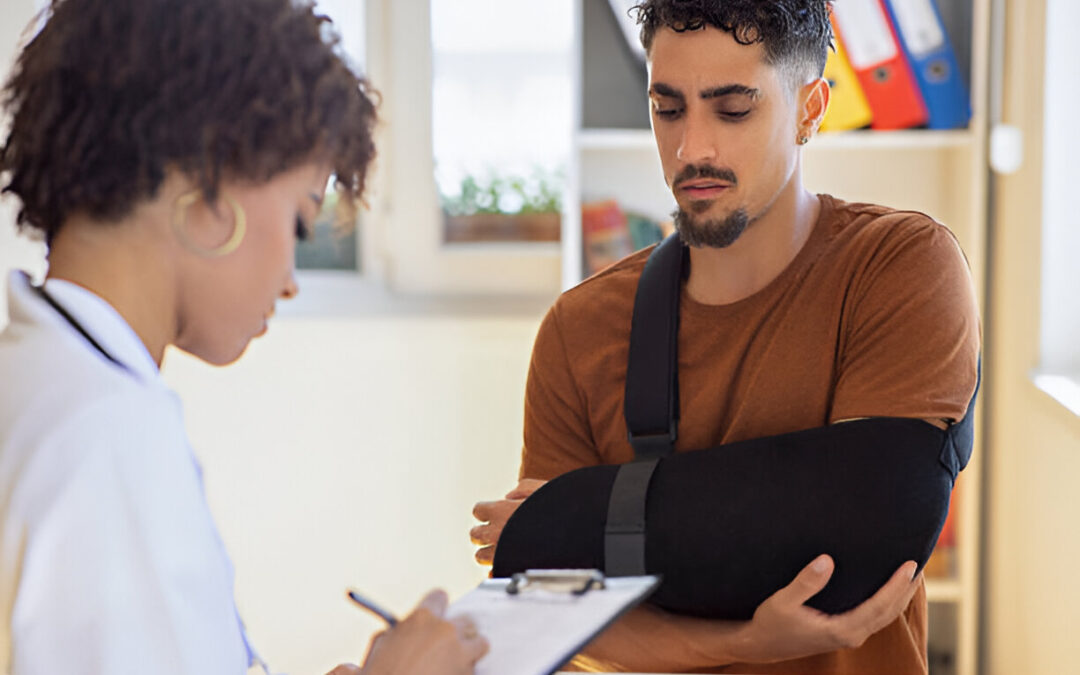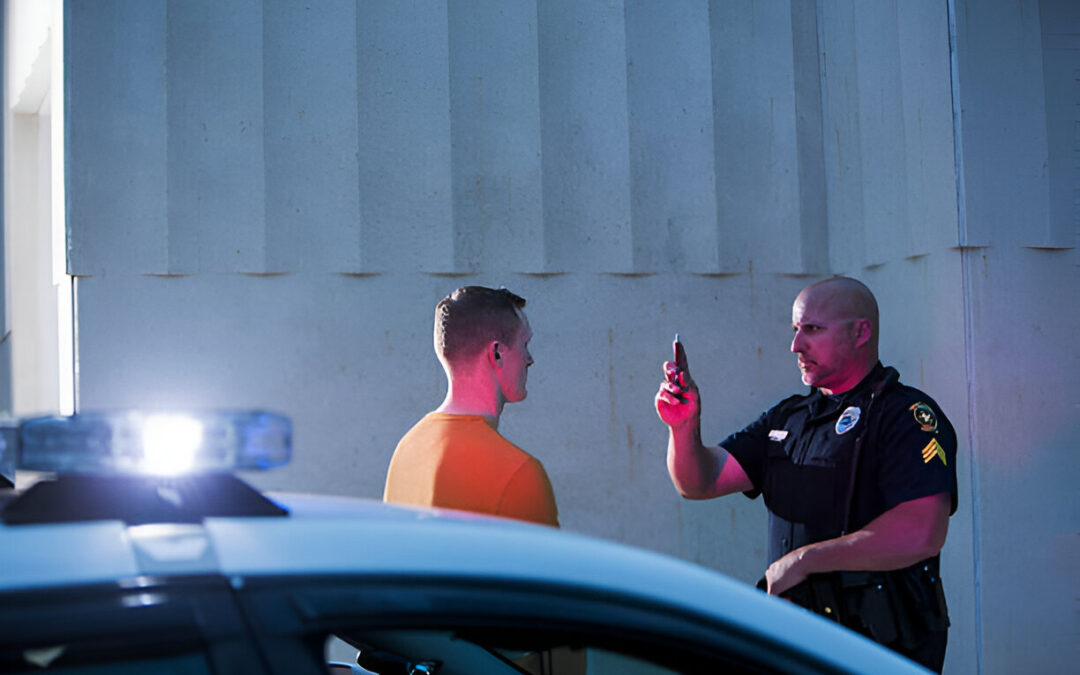Florida hit and run laws have brought to light a concerning trend on the state’s roads. In the past five years alone, the state has witnessed approximately 516,000 hit-and-run accidents, leading to over 1,250 tragic deaths and around 1,100 severe injuries annually. Pedestrians and bicyclists have borne the brunt of these accidents, with alarming numbers reflecting the vulnerability of those on foot or bikes. The legal implications of such accidents are profound, encompassing both criminal and civil aspects. Understanding the intricacies of Florida’s hit-and-run laws is crucial for anyone involved in such incidents, as it significantly impacts the outcome of their case.
What are Our Hit and Run Laws?
Car accidents in Florida can result in criminal or civil lawsuits, depending on the circumstances. Criminal lawsuits are pursued when someone breaks the law, as in the case of hit-and-run accidents, reckless driving, or accidents involving impaired drivers. The state prosecutes these cases, which can lead to punishments such as fines, jail time, and license suspension.
On the other hand, civil lawsuits allow victims to seek compensation for damages caused by the other driver’s negligence, including property damage, medical bills, lost wages, pain and suffering, and emotional distress. In hit-and-run cases, judges may also order the negligent driver to pay punitive damages, aiming to punish the driver and prevent similar actions in the future.
How Does Florida Law Affect Your Case?
Florida’s hit-and-run laws have serious consequences for offenders. If a hit-and-run driver is apprehended, they can face criminal charges based on the extent of the damage caused:
- For damage to personal property only, the driver can be charged with a misdemeanor in the second degree, leading to up to 60 days of jail time and a maximum $500 fine.
- If the victim suffers personal injury, the driver can be charged with a second or third-degree felony, carrying up to 5 years in prison and a maximum $5,000 fine.
- If a victim dies, the driver can be charged with a first-degree felony, resulting in up to 30 years in prison with a mandatory minimum of 4 years.
- Drivers under the influence of an intoxicating substance face a mandatory minimum sentence of 2 years in prison. Additionally, perpetrators who fled the scene may have their driver’s licenses revoked.
These penalties were strengthened in 2014 with the Aaron Cohen Life Protection Act, named after a cyclist tragically killed by a hit-and-run drunk driver. The Act mandates a minimum 4-year jail sentence for drivers fleeing an accident scene that results in someone’s death, emphasizing the severity of hit-and-run offenses.
What Legal Action Can I Take?
In the unfortunate event of a hit-and-run accident, taking immediate action can significantly impact the case:
- Prioritize Safety: If you’re injured, wait for first responders. If not, check for injuries and call an ambulance and the police. If you can’t make the calls, ask a witness for help.
- Provide Information: If possible, inform the police about the accident, detailing the vehicle’s make, model, color, driver’s description, and license plate information. Any information aids law enforcement’s efforts.
- Witness Accounts: Talk to eyewitnesses and collect their contact information. Check nearby homes or businesses for security cameras that might have recorded the incident.
- Document the Scene: Take photos of relevant details, especially vehicle damage. These images can serve as crucial evidence later.
Increase Your Chance of a Successful Case
Florida hit and run laws categorize hit-and-run accidents as grave offenses with severe consequences. If you find yourself in such a situation, swift and informed action is key. At Pacin Levine, P.A., we understand the complexities of hit-and-run cases and are committed to helping victims receive the justice and compensation they deserve. Serving the Greater Coral Gables Area, including Miami, Coconut Grove, South Miami, Pinecrest, and beyond, our experienced legal team can evaluate your case, provide expert guidance, and fight for your rights. To discuss your case and take the first step towards justice, contact us at (305) 760-9085 or 1-800-24-7-CRASH (2727). Your rights matter, and we are here to ensure they are protected.


